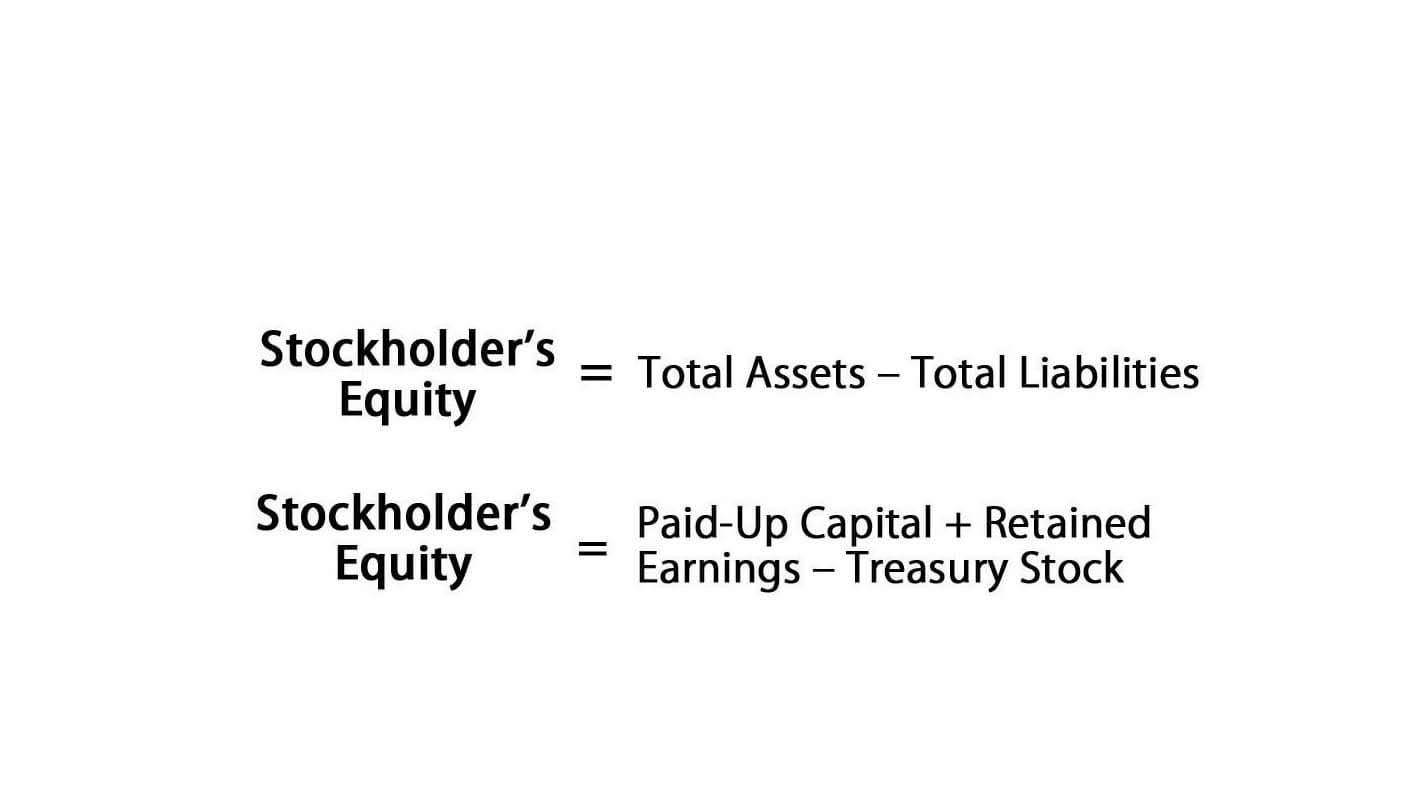
Clearly presenting these obligations allows stakeholders to accurately assess a company’s long-term financial position and future performance. Yes, deferred revenue is considered a liability because it represents revenue that has been earned but not yet received. It is a liability because the company owes the customer the goods or services that have been paid for.

Key Takeaways
$5 would be recorded as revenue on the income statement, and the unearned revenue liability would be reduced by $5 to offset it. Generally, unearned revenues are classified as short-term liabilities because the obligation is typically fulfilled within a period of less than a year. However, in some cases, when the delivery of the goods or services may take more than a year, the respective unearned revenue may be recognized as a long-term liability. This process continues until the company fulfills all obligations and fully recognizes the revenue on its income statement. This method ensures that financial statements accurately represent the company’s actual earnings and outstanding obligations under GAAP. Deferred revenue refers to money that has been received by a company for goods or services that have not yet been delivered or earned.

Examples of Unearned Revenue
When the customer pays the $50 upfront, the company receiving the money records this payment as a liability, not as revenue. This is because the $50 covers the full year of service that has not yet been delivered to the customer. So at the beginning, this $50 is considered “unearned revenue” – it is revenue that has not yet been earned by providing the service.
Create a free account to unlock this Template
We’re a headhunter agency that connects US businesses with unearned revenues are amounts received in advance from customers for future products or services. elite LATAM professionals who integrate seamlessly as remote team members — aligned to US time zones, cutting overhead by 70%. Some landlords may also offer a better rate for prepaying part or all of a lease term in advance. Construction companies may receive upfront deposits for projects that have not started or are in progress. Insurance premiums are often paid in advance for coverage over a specific period. However, it still contributes to your Adjusted Gross Income (AGI), which determines your eligibility for deductions and credits.

Customer Deposits and Revenue Recognition

Earned revenue refers to online bookkeeping revenue that a company has successfully delivered goods or services for and has been recognized on the income statement. Unearned revenue is money received for goods or services that have not yet been provided and is recorded as a liability. Deferred revenue also helps companies accurately measure profitability over specific periods.
Case Study: Subscription-Based Business Model
For example, getting paid upfront means you don’t need to chase up customers for overdue invoices or wonder when you’re going to receive the money. Yes, if a company is unable to deliver the promised goods or services, unearned revenue may need to be refunded to the customer. By understanding how different types of unearned income are taxed, you can better plan for your financial obligations and take advantage of any available tax-saving strategies. Companies will pay out dividends to their shareholders from their profits in the form of cash payments or additional shares. Knowing all sources of unearned income can help individuals save money on taxes and ensure they comply with federal laws surrounding such forms of compensation. This recognizes $1,000 as earned revenue for that month and reduces the unearned revenue balance by the amount earned.
- Adopting these practices will promote financial stability and growth while maintaining customer satisfaction and trust.
- This type of revenue creates a liability that needs to be settled when the company finally delivers the products or services to the customer.
- In this section, we will explore certain industry-specific considerations for unearned revenue, diving deeper into service and subscription models as well as publishing and prepaid services.
- As the company performs the service or delivers the goods, it deducts the appropriate amount from the unearned revenue account.
- In summary, unearned revenue is a vital concept within accrual accounting, helping provide a more accurate representation of a company’s financial position.
- And this is a piece of information that has to be disclosed to complete the image about the financial situation at that moment in time.
Definition and Examples
It remains on the company’s balance sheet (sometimes called a statement of financial position) as either a real estate cash flow short-term or long-term liability. There’s always a risk that a client or customer could back out of a deal, or that your business won’t be able to fulfill the order. So, unearned revenue remains a liability on the books until any risk of having to repay the money is gone. In any case where the customer doesn’t receive what they ordered, then the company would need to repay the customer.





